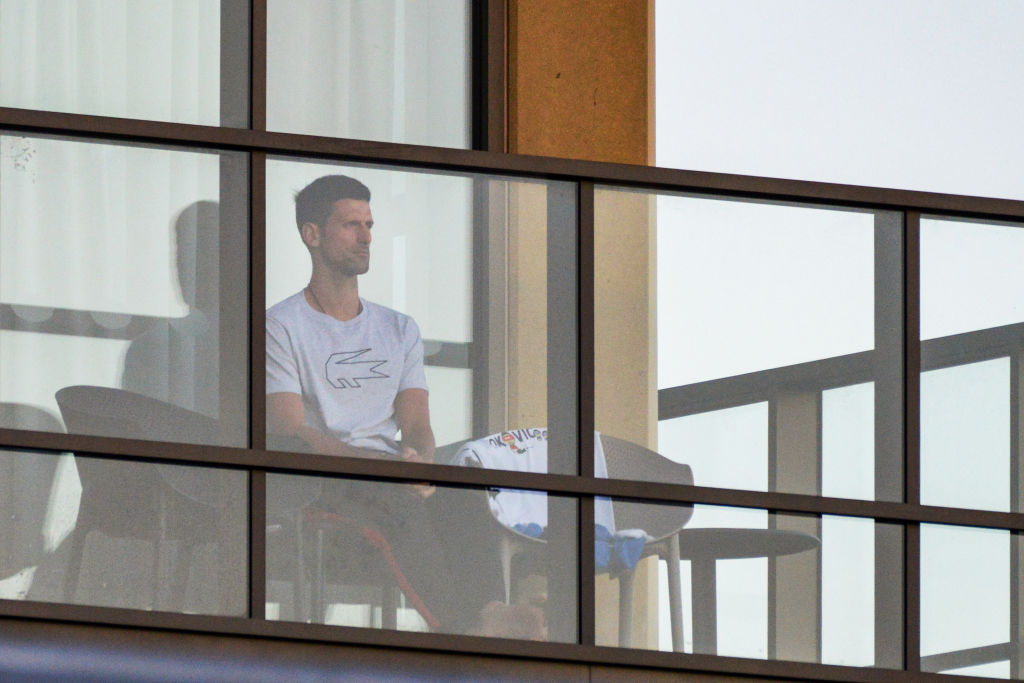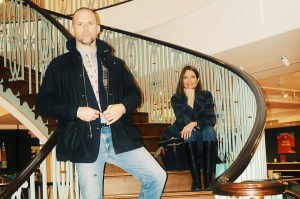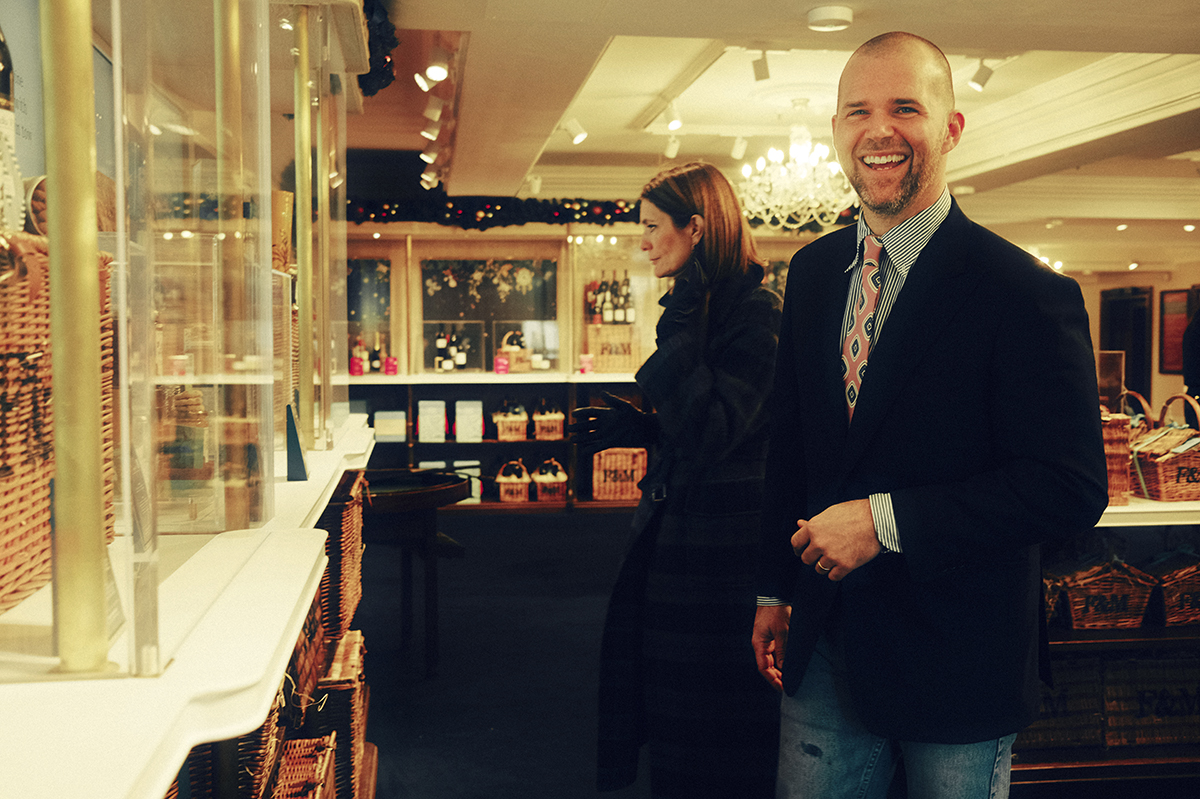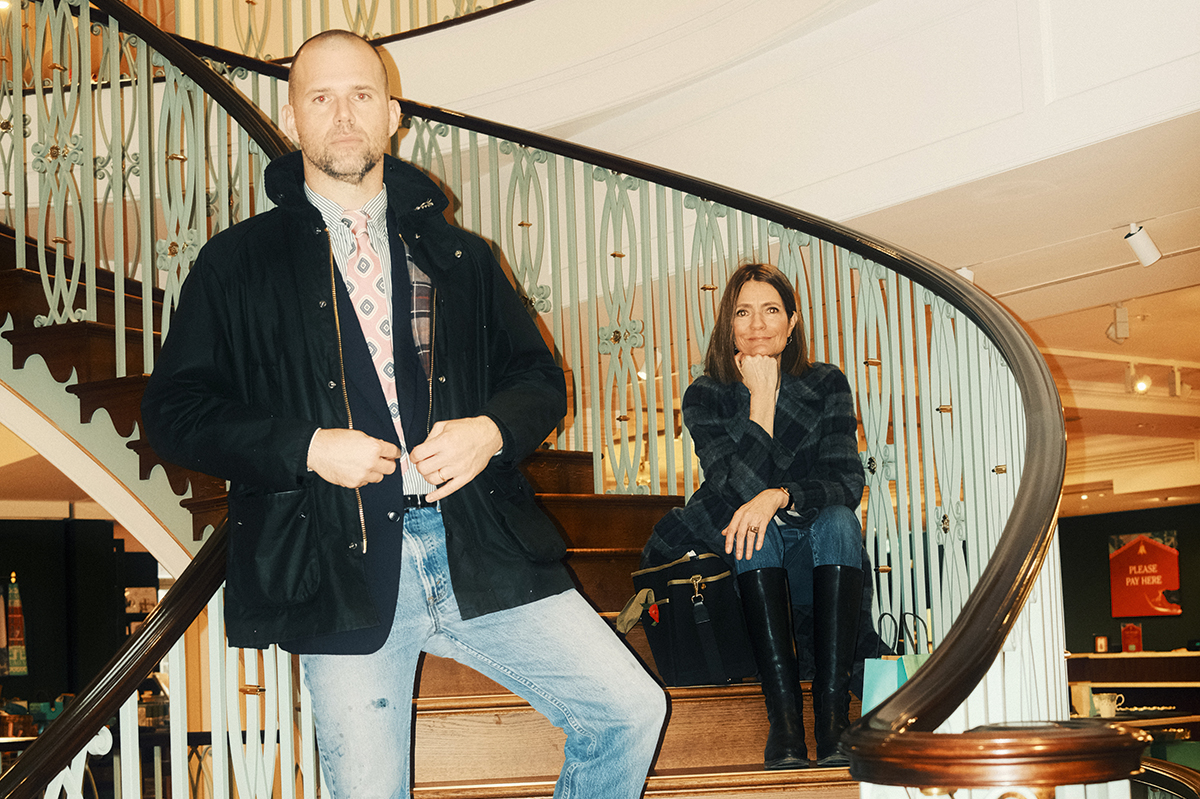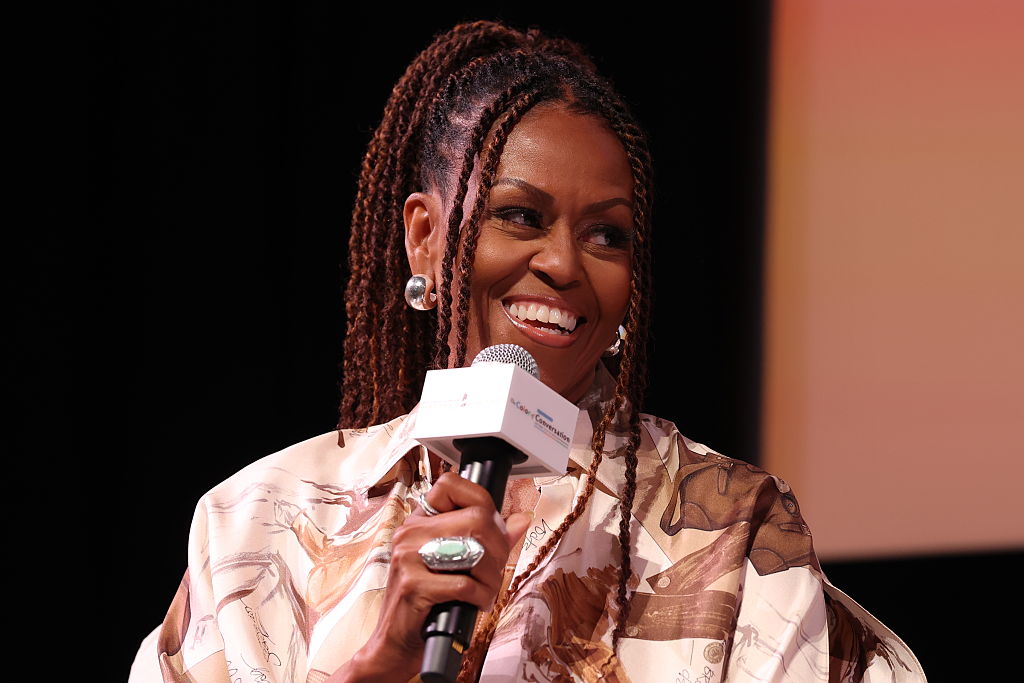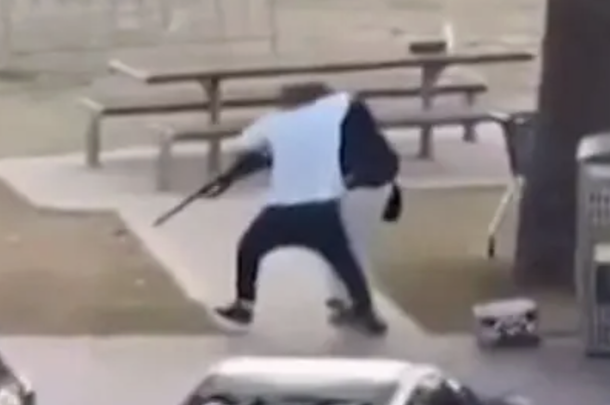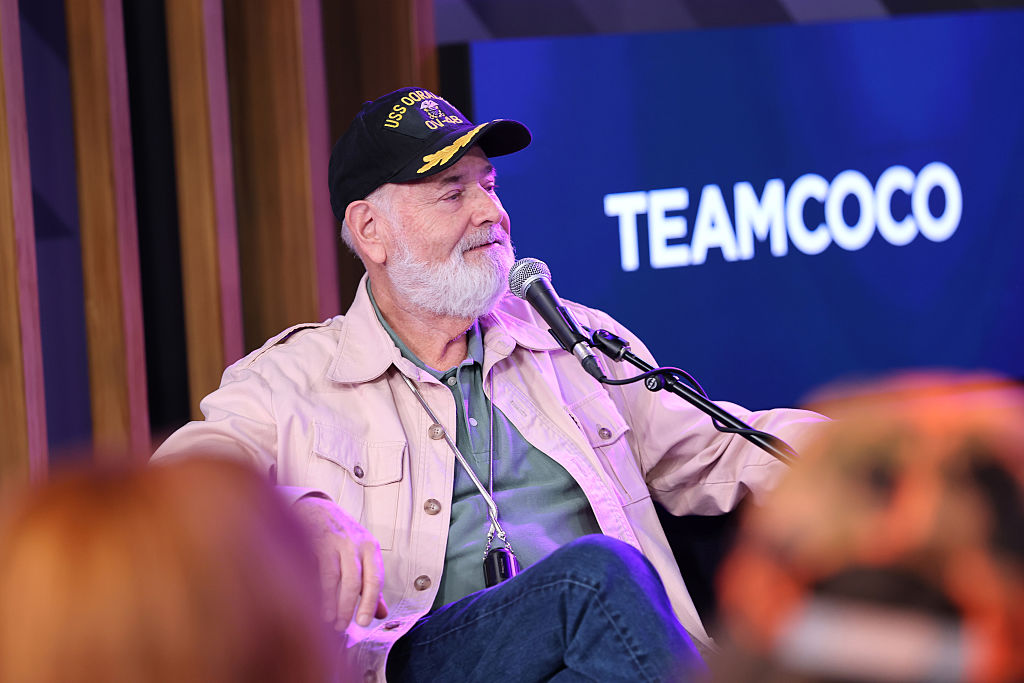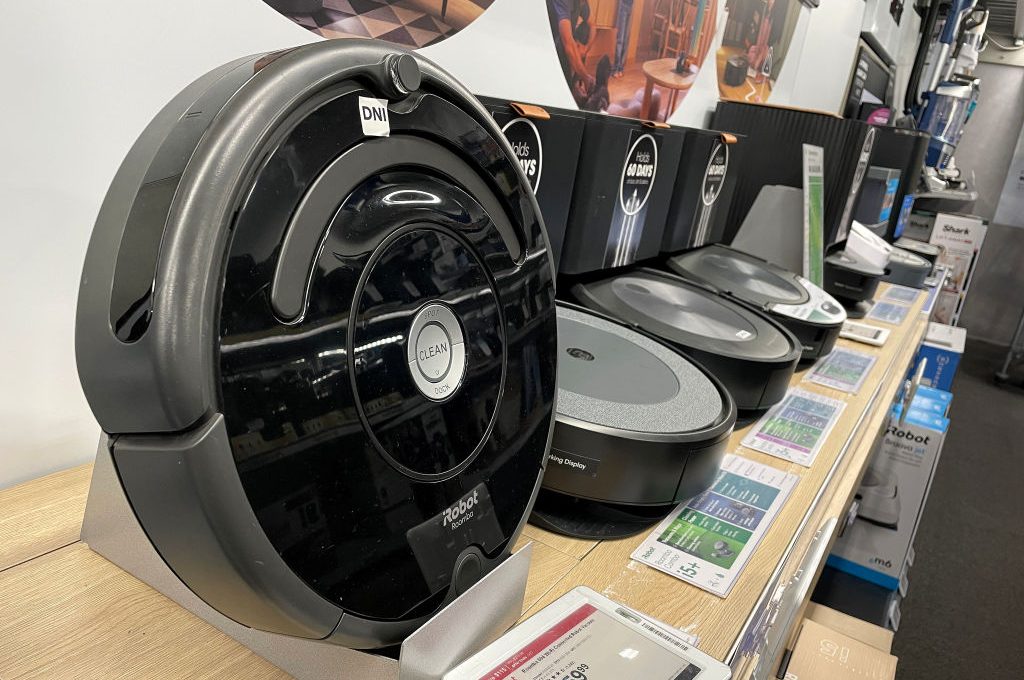The world’s Number One tennis player Novak Djokovic made headlines this week as he called for liberty in the face of Australian bureaucratic hysteria.
As the planet’s best tennis players prepare for the Australian Open tournament, 72 of them are subject to punitive quarantine conditions after four — yes, four — new arrivals into Melbourne tested positive for coronavirus. It is thought that none of the tennis players themselves were infected, but that the positive tests were from individuals on charter flights arriving in the city. The solution adopted by the Australian government is to impound all tennis players — and presumably their teams of coaches, managers, nutritionists and whomsoever else they travel with — in solitary confinement for 14 days.
Djokovic has, sensibly and reasonably, contested this. He has appealed for fitness and training material in hotel rooms; better meals to made available to athletes; permission for players to visit their coach or trainer on condition that both parties have shown negative COVID-19 tests and asked that the number of days of isolation for players is reduced providing more tests are carried out that show as negative. His final request — the subject of much debate — has been to move players to private houses with tennis courts in order to facilitate their training. (At the moment, players are allowed out to train at a distance for five hours per day; non-players must remain confined to their four walls).
Having been a victim of the wicked (and non-scientific) quarantine treatment in Thailand last year — written up in these pages — I can say that Djokovic’s requests are entirely justified.
There is no misery so unremitting as misery caused by state-enforced COVID-related imprisonment. In the case of Thailand, windows were sealed shut to inhibit both fresh air and suicide attempts.Food was delivered by robots and special requests for washing detergent were denied in case delivery of such items spread the pernicious virus. It was inhumane. (And smelly.)
In the case of the tennis players currently captive to the Australian government, it is sheer madness to expect them to perform to the best of their abilities on the courts after 14 days in captivity. It makes perfect sense that they should be allowed to train hard and to eat well.
According to the people with pitchforks on Twitter, however, Djokovic is a ‘diva’ who wants to kill the vulnerable. ‘Most of us here in Melbourne do not want tennis players here potentially reintroducing the virus and causing us to go back to harsh restrictions,’ wrote one Twitter user. ‘Our health safety [sic] is more important to us than your feelings of privilege and entitlement’ spouted another (who presumably didn’t secure tickets for any of the matches).
Similar reprimands were voiced by Australian authorities: ‘there’s no special treatment here…because the virus doesn’t treat you specially, so neither do we,’ said politician Darren Andrews.
Australia has had a comparatively easy time in the battle against COVID-19, with around 28,000 cases and 909 deaths (the USA has reported 398,000). It could be argued that this is due to the strict quarantine regulations: it was reported on Monday that Australian borders will remain closed until the end of 2021.
In life before coronavirus, imprisonment was a punishment for crime. This has historically raised difficult moral questions. For example, should prisoners be permitted to vote in elections? One argument is ‘no’, since they are in a state of retribution and the vote is reserved for members of society who do not pervert that society’s functioning by committing crime. The other argument is that prisoners should be allowed to vote: their punishment, in prison, is the removal of their liberty and should end there.
In today’s mad world, imprisonment is seen as a given, and liberty is handed out by governments at their will and whim. Let us hope Djokovic is set free in time for the Grand Slam and allowed to do some training on his private tennis court beforehand.



